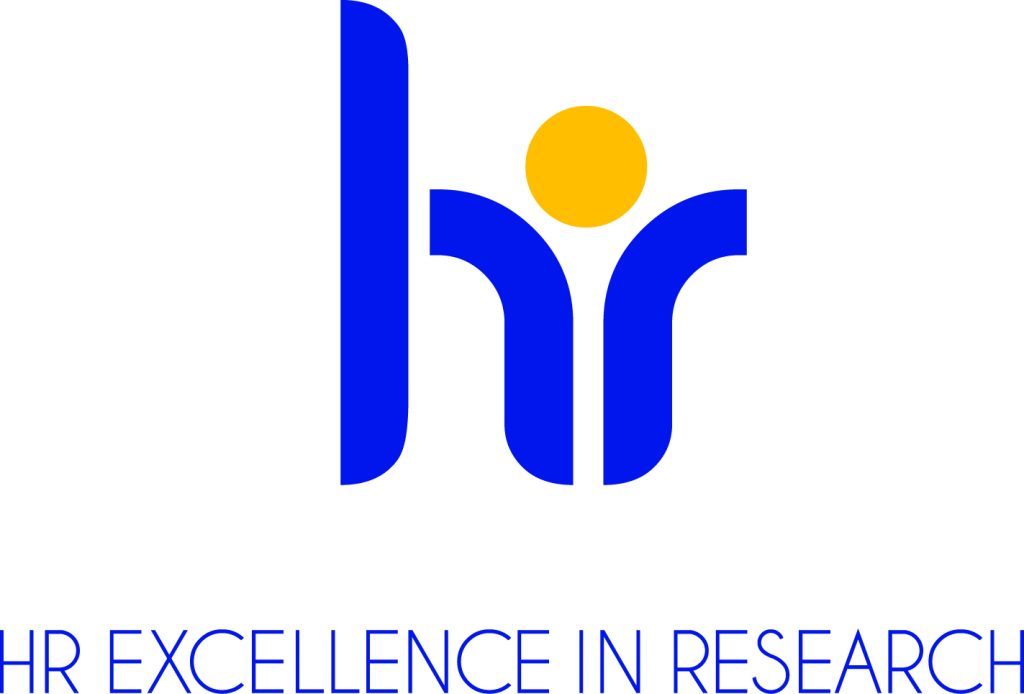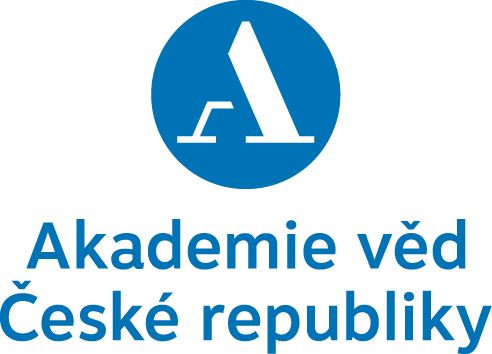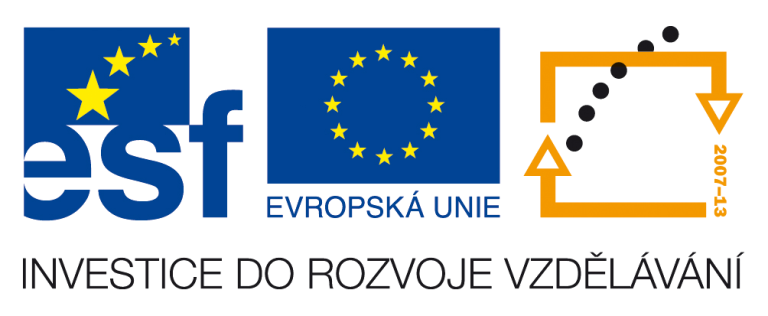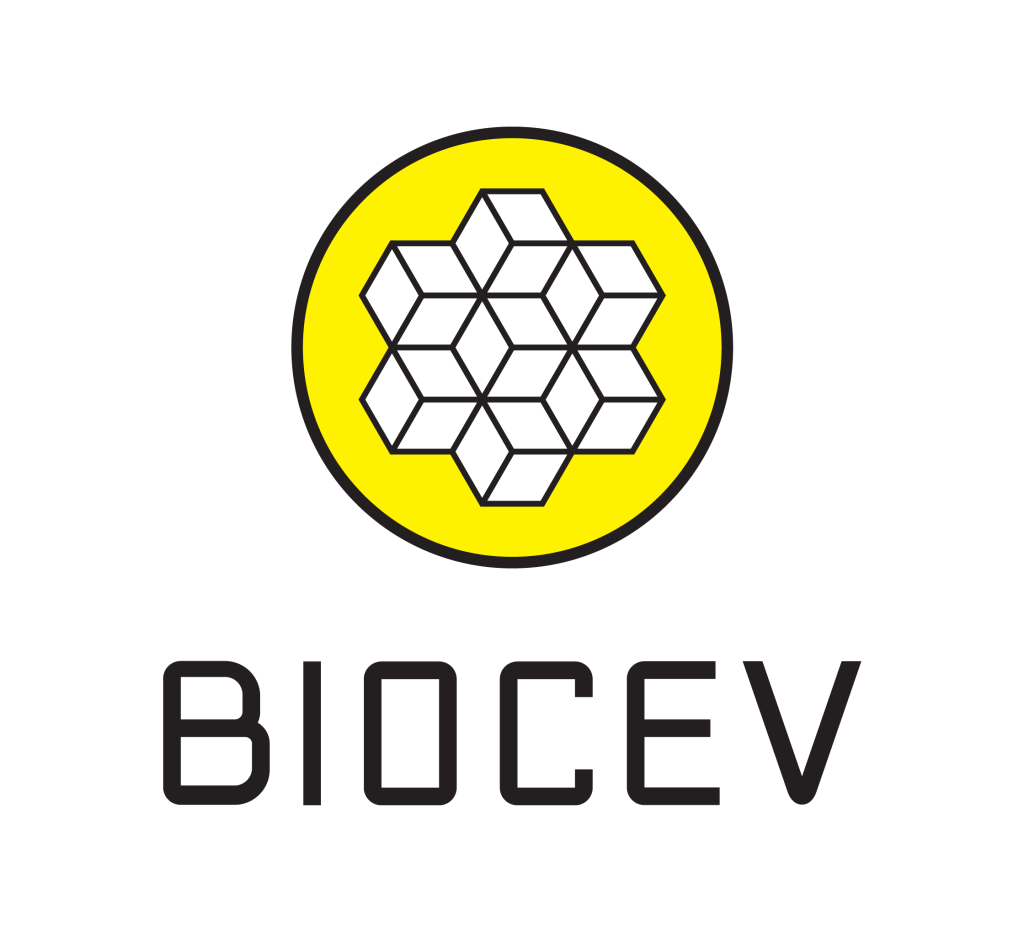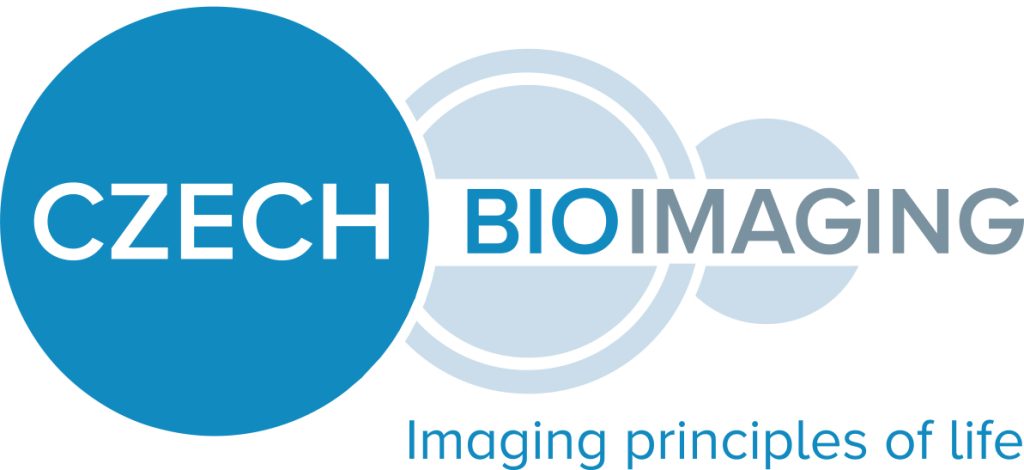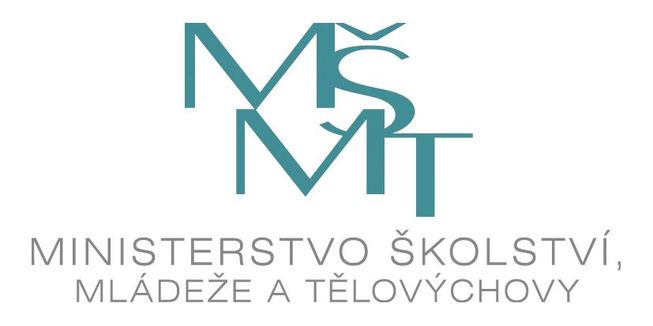Laboratory of Translational Metabolism

Content of this page
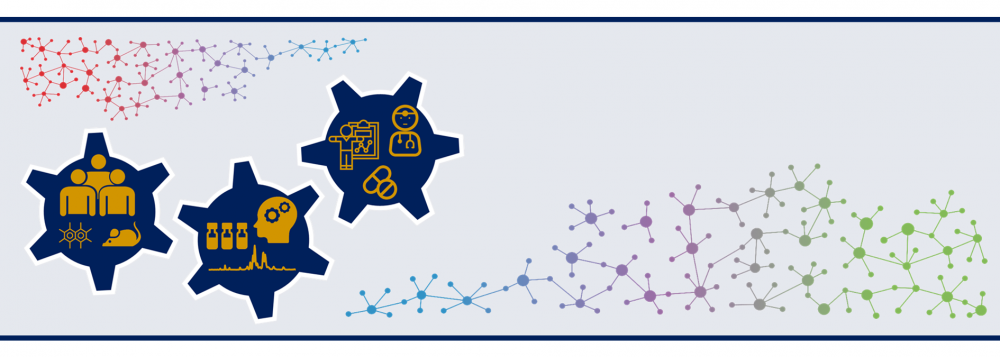
About the Laboratory
Our research involves applying mass spectrometry-based techniques to perform metabolomics, lipidomic and proteomic analysis of various biological samples. We develop and use liquid chromatography–mass spectrometry-based (LC–MS) methods for in-depth characterization and quantification of complex lipids (lipidome), polar metabolites (metabolome), various exogenous compounds such as food components and drugs (exposome), and proteins (proteome). We also focus on improving data processing, automated data curation, statistical methods, and visualization of omics data.
We have successfully integrated LC–MS methods for the targeted and untargeted analysis of lipids, polar metabolites, and exposome compounds (LIMeX) for diverse sample types and used them for studies focused on cardiovascular diseases, type 2 diabetes, lipogenesis, circadian rhythms, and drug adherence.
We have also investigated the proteome of human teeth and saliva, their link to tooth decay, and proteins to tissue architecture at clubfoot and pulmonary hypertension. Posttranslational modifications of proteins are studied in connection to aging and disease of organisms.
PhD Program 2024/2025 - Call for Applications
Liquid chromatography-mass spectrometry for comprehensive characterization of the metabolome and lipidome of biological samples
Over the last decade, mass spectrometry-based metabolomics and lipidomics have become the key platforms for the comprehensive profiling of polar metabolites and complex lipids in biological samples (plasma, serum, urine, and tissues). Coupling liquid chromatography to mass spectrometry (LC-MS) is the preferred technique in metabolomics and lipidomics, permitting effective compound separations and detection. However, there is still a lack of sufficient data on the metabolome and lipidome characterizing biofluids and tissues, which can be easily accessible and reused anytime for future studies. The Ph.D. project aims to focus on novel approaches for comprehensive characterization of the metabolome and lipidome in biological samples, specifically, (i) merging targeted and untargeted methods, (ii) increasing the coverage of spectral libraries used for metabolite annotation, and (iii) using bioinformatics tools for visualization and interpretation of the data obtained within metabolomics and lipidomics studies. The work will be conducted at the Institute of Physiology CAS and financially supported by grants (GACR, MSMT, AZV).
Supervisor: T. Čajka (tomas.cajka@fgu.cas.cz)
Main topics
- Simple, fast, and robust protocols for metabolomics and proteomics projects
- Processing, curation, statistical analysis, and visualization of metabolomics data
- New separation methods (LC–MS) for physiological research
- Metabolomics and proteomics for discovering new biomarkers of human health
- Analysis of extracellular matrix disorders: from proteins to tissue architecture at idiopathic pes equinovarus
- Mechanisms of pulmonary arterial wall remodeling during pulmonary hypertension development
- Posttranslational modifications of proteins during aging and disease (e.g., diabetes mellitus)
Projects
Mechanisms of pulmonary vascular dysfunction in heart failure (LUNG-HF) (NU22-02-00161)
- Support: Ministry of Health
- co-PI: T. Cajka, Laboratory of Translational Metabolism
- Project goals:
Heart failure (HF) patients often develop pulmonary hypertension (PH) that leads to transition into a biventricular HF with poor prognosis. There are two PH components: 1) passive transmission of increased left atrial pressure, 2) HF-related pulmonary vascular dysfunction (PVD) with increased vascular resistance. Intriguingly, only some, but not all HF patients develop HF-related PVD. The mechanisms and non-invasive detection of HF-PVD are poorly understood and are the focus of the current grant application. Development of PVD is linked to insufficiently characterized metabolic factors that may be mediators of HF-PVD. Untargeted metabolomics is an emerging powerful platform for the discovery of pathways linked to diseases. Its specificity can be further enhanced using transpulmonary gradient sampling. Part A of the project aims to identify novel metabolites associated with the presence of PVD in patients with HF that can serve as biomarkers or targets and will provide biologic insights into PVD. Part C will assess the effects of reverting of metabolic alterations (identified in part A) by a drug/diet on pulmonary vasculature in experimental HF-related PVD. The “gold standard” for the detection of PVD is right heart catheterization, which is invasive and risky. HF-related PVD is therefore often diagnosed late. There is a need for non-invasive tests that may help to detect PVD in early stages and can be done repeatedly. Recent advances in artificial intelligence (AI)-assisted automated quantitative analysis of lung texture from low-dose contrast-free high-resolution CT images allow to quantify lung water content, interstitial changes or vessel volume, and may provide clues for detection of HF-related PVD. Such an approach, not tested yet, will be utilized for the detection of HF-PVD (part B). Clinical and functional characteristics of lung circulation (exercise hemodynamics, diffusion capacity, perfusion) will be analyzed in relation to quantitative CT data.
Identification of factors influencing adherence to pharmacotherapy in patients with type 2 diabetes using untargeted metabolomics (ENIGMA) (NU20-01-00186)
- Support: Ministry of Health
- PI: T. Cajka, Laboratory of Translational Metabolism
- Project goals: Patient adherence along with pharmacokinetics are the most significant sources of variability in response to treatment. Thus, adherence monitoring should be an integral part of patient care, especially for chronic diseases such as type 2 diabetes (T2D). Another problem of adherence to drug treatment is whether the pharmacotherapy is used by the patient regularly. Furthermore, other substances (undeclared medications, food ingredients or drugs and alcohol), which often remain undetected in patient’s history can fundamentally affect drug metabolism and patients’ compliance. At present, there are no data available in the Czech Republic that would address this phenomenon in the T2D population. The hypothesis will be tested that the adherence to drug treatment in T2D patients may be effectively monitored by chemical analysis of selected drugs in blood plasma and that untargeted metabolomics may reveal biomarkers that would detect irregular use of pharmacotherapy. Thus, the project can significantly contribute to optimizing the treatment of T2D and other chronic diseases.
Creation of 3D models of clubfoot and Dupuytren’s disease and testing of anti-fibrotic substances (NU22-10-00072)
- Support: Ministry of Health
- PI: A. Eckhardt, Laboratory of Translational Metabolism
- Project goals: This project builds on a previous project AZV (17-31564A). Idiopathic pes equinovarus (clubfoot) and Dupuytren’s disease (DD) are orthopedic deformities with unclear etiopathogenesis, characterized by contraction of the affected tissue. In a previous study, we demonstrated the presence of fibrotic tissue changes in the clubfoot tissue and we tested various antifibrotic substances that affect collagen production and deposition in a 2D cell culture. The main aim of the Project is to create 3D models of clubfoot and DD deformities based on the decellularized matrix from fibrotic tissues and reseeding the matrix with cells from the respective pathological tissues. The 3D models will be used to assess the effects of antifibrotic agents minoxidil and beta aminopropionitrile, which target the inhibition of collagen crosslinking and have the potential to loosen contracted fibrotic tissue. These agents will be applied dissolved in the medium and gradually released from biocompatible and biodegradable carriers. The effect of antifibrotic substances on cells cultured in these 3D models will be evaluated through analyses of the composition, morphology, and biomechanical parameters of the newly-deposited extracellular matrix, and also through differentiation, viability and other cell properties. The Project will also include a comparative proteomic, metabolomic and immunohistochemical analysis of native affected tissues of clubfoot and DD fibroproliferative diseases in order to identify specific and/or common markers of ongoing pathological processes. These 3D models represent an important step for in vitro preclinical testing of potentially therapeutic agents for clubfoot and DD. Targeted antifibrotic treatment of the affected tissue could facilitate and streamline current non-invasive treatment of recurrences of severe clubfoot, and could lead to a new alternative for non-surgical treatment of DD.
Hydrogen-deuterium exchange mass spectrometry (HDX-MS) to identify unknown metabolites detected by untargeted metabolomics (21-00477S)
- Support: Czech Science Foundation
- PI: T. Cajka, Laboratory of Translational Metabolism
- Project goals: Untargeted metabolomics focuses on the analysis of all the detectable metabolites in a sample. Liquid chromatography-mass spectrometry (LC-MS)-based metabolomics can generate thousands of molecular features (retention time–m/z pairs) in biological samples per single analysis. However, only 10% of these features can be annotated and the rest of signals detected are unknowns. One of the most challenging aspects of metabolomics research is, therefore, the identification of unknown metabolites. The hypothesis will be tested that hydrogen-deuterium exchange mass spectrometry (HDX-MS) will dramatically improve the identification of unknown signals from untargeted metabolomics to derive new insights into biochemical and pathway interpretations of metabolomics data. To this end, we will optimize various LC-HDX-MS platforms for the profiling of polar metabolites and complex lipids and apply them to identify novel metabolites in mouse cecum, feces, and plasma after modification of gut microbiota with diet, antibiotics, and probiotics.
Mapping of the rat circadian metabolome in brain and peripheral tissues during embryonic to postnatal development (20-21114S)
- Support: Czech Science Foundation
- PI: T. Cajka, Laboratory of Translational Metabolism
- Project goals: The circadian rhythmicity during embryonic and postnatal development has been extensively studied for many years using transcriptomics. A progressive maturation of the circadian variation of the clock genes has been demonstrated. However, until now no study has focused on studying circadian rhythmicity during development at comprehensive metabolite-level insights. The hypothesis will be tested that the circadian metabolome is largely affected by developmental stage and global metabolomics and lipidomics profiling will provide a deep insight into dynamic metabolite relationships and capture metabolic alterations of rat tissues. We will perform 24-hr metabolomics and lipidomics profiling of three rat organs and plasma simultaneously at different developmental stages (embryonic E19, postnatal P2, P10, P20, P28). For P20 and P28 stages, this approach will be further extended for other types of rat tissues to generate a comprehensive atlas of circadian metabolism. Furthermore, a novel workflow to reduce false structures during identification of ‘unknown’ metabolites will be developed.
Metabolomics 2.0: Comprehensive analytical methods and bioinformatics tools for the study of circadian rhythms (LTAUSA19124)
- Support: Ministry of Education, Youth and Sports
- PI: T. Cajka, Laboratory of Translational Metabolism
- Project goals: The aim of this project is to establish cooperation and active scientific activity between the Laboratory of Translational Metabolism, Laboratory of Metabolomics and Laboratory of Biological Rhythms (Institute of Physiology of the Czech Academy of Sciences) and the West Coast Metabolomics Center (University of California, Davis). The project focuses on the development of complex analytical methods and bioinformatics tools for the study of circadian rhythms. Recent improvements in chromatography and mass spectrometry methods, together with huge advances in computational approaches, means the time is right to develop second-generation metabolomics tools (Metabolomics 2.0) for the study of circadian rhythms. Scientific publications with detailed information needed for effective transfer of the methods will be available for other research institutions focusing on similar topics.
National Institute for Research of Metabolic and Cardiovascular Diseases (LX22NPO5104)
- Support: Ministry of Education, Youth and Sports
- Team member: T. Cajka, Laboratory of Translational Metabolism
- Project goals: The main purpose of the Exceles project is the establishment and start-up phase of CarDia, as a newly established national research platform integrating existing excellent personnel and advanced research infrastructure in the field of biomedical research on CVD, diabetes and obesity. The purpose is to develop research within the national institute to i) provide more targeted and safer therapeutic approaches ii) integrate this institute into the ERA and iii) profile its strategic role in eliminating the most socially and economically serious diseases in the Czech population, thereby contributing to building the resilience of the country.
Projects
Achievements
The Power List 2018 -- The Fab Forty
Assoc. Prof. Tomas Cajka has been ranked among 40 best scientists under 40 years in analytical chemistry. The ranking of the 40 most successful scientists was published in the October issue of The Analytical Scientist.
The Best Poster Award
Dr. Tomáš Novotný was awarded “The Lester Lowe Award” at the 40th World Orthopaedic Congerss, Muscat, Oman (2019, organizer: SICOT) for the poster “Histological comparison of clubfoot deformity and Dupuytren’s disease fibroproliferation”.
Publications
Brejchová; Kristýna - Rahm; Michal - Beňová; Andrea - Domanská; Veronika - Reyes Gutierrez; Paul Eduardo - Džubanová; Martina - Trubačová; Radka - Vondráčková; Michaela - Čajka; Tomáš - Tencerová; Michaela - Vrábel; Milan - Kuda; Ondřej Uncovering mechanisms of thiazolidinediones on osteogenesis and adipogenesis using spatial fluxomics. Metabolism-Clinical and Experimental. 2025; 166(May); 156157.
IF = 10.9
Arora; Shiyana - Houdek; Pavel - Čajka; Tomáš - Dočkal; Tereza - Sládek; Martin - Sumová; Alena Chronodisruption that dampens output of the central clock abolishes rhythms in metabolome profiles and elevates acylcarnitine levels in the liver of female rats. Acta Physiologica. 2025; 241(2); e14278.
IF = 5.6
Horáková; Olga - Janovská; Petra - Irodenko; Ilaria - Burešová; Jana - van der Stelt; I. - Stanić; Sara - Haasová; Eliška - Shekhar; Nivasini - Kobets; Tetyana - Keijer; J. - Zouhar; Petr - Rossmeisl; Martin - Kopecký; Jan - Bardová; Kristina Postnatal surge of adipose-secreted leptin is a robust predictor of fat mass trajectory in mice. American Journal of Physiology - Endocrinology And Metabolism. 2024; 327(6); E719-E745.
IF = 4.2
Pecina; Petr - Čunátová; Kristýna - Kaplanová; Vilma - Puertas-Frias; Guillermo - Šilhavý; Jan - Tauchmannová; Kateřina - Vrbacký; Marek - Čajka; Tomáš - Gahura; Ondřej - Hlaváčková; Markéta - Stránecký; V. - Kmoch; S. - Pravenec; Michal - Houštěk; Josef - Mráček; Tomáš - Pecinová; Alena Haplotype variability in mitochondrial rRNA predisposes to metabolic syndrome. Communications Biology. 2024; 7(1); 1116.
IF = 5.2



